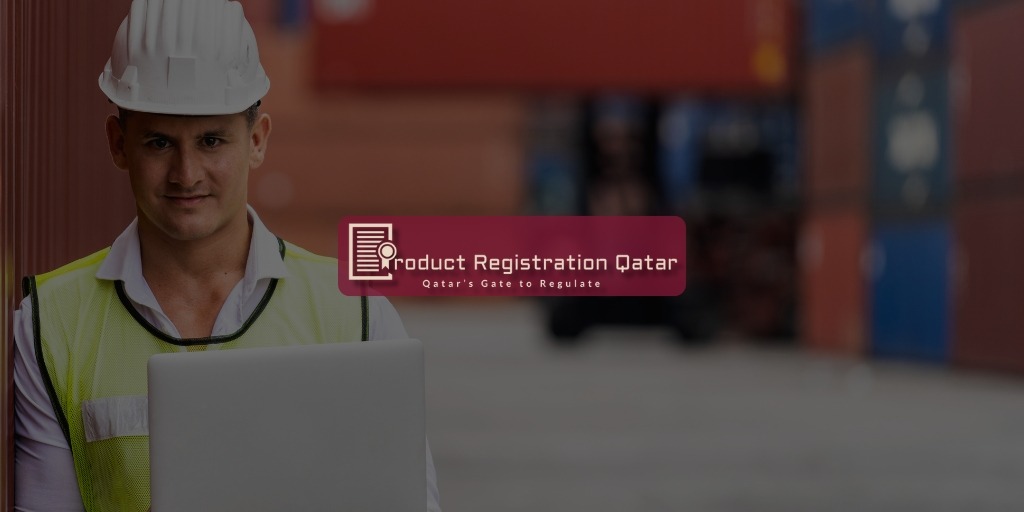ECAS Certification Qatar: What Importers Must Know in 2025
Learn if ECAS Certification applies in Qatar and what local product approvals are required. Avoid delays with expert compliance insights for 2025.
BLOGS
8/4/20253 min read


ECAS Certification in Qatar:
Is It Required for Imported Products?
Expanding into the GCC can be complex—especially when it comes to product certification.
One question we hear often is: Does Qatar require ECAS Certification for imported products?
While ECAS is widely recognized in the UAE, the situation in Qatar is entirely different.
Understanding where certifications apply (and where they don’t) is essential to prevent costly mistakes, border delays, or rejections at customs.
This guide will clarify ECAS certification, its limitations in Qatar, and what businesses actually need to stay compliant when entering the Qatari market.
What Is ECAS Certification?
The Emirates Conformity Assessment Scheme (ECAS) is a certification program governed by the UAE's ESMA (Emirates Authority for Standardization and Metrology).
It ensures that products meet UAE safety and quality standards before entering the market.
ECAS applies to a range of regulated products, including electronics, cosmetics, food, and more.
Does ECAS Apply in Qatar?
No, ECAS is not a requirement in Qatar. However, many businesses importing into Qatar mistakenly assume ECAS compliance will cover other Gulf markets.
While ECAS is recognized in the UAE, Qatar follows its own set of regulatory procedures governed by local authorities such as:
Ministry of Public Health (MoPH) for food, supplements, cosmetics, and pharmaceuticals
Qatar General Organization for Standards and Metrology (QS)
Ministry of Municipality and Customs Affairs for documentation and import regulation
Why the Confusion Exists
The confusion stems from the fact that ECAS is often marketed as a GCC-wide benchmark.
While it may improve your product's perceived credibility, it does not replace Qatari regulatory approvals.
Each country enforces its own conformity and labeling laws.
For example:
A food product registered under ECAS still requires MoPH pre-approval in Qatar.
A cosmetic product ECAS-certified in UAE must meet Qatar’s own labeling, safety, and documentation standards.
What Certifications Are Actually Required in Qatar?
Product requirements vary by category, and each regulatory body oversees specific sectors.
Below are the general compliance obligations most companies face:
For Food & Supplements:
MoPH Pre-Approval: Required for all ingestible goods before entering the market.
Label Validation: Labels must comply with Qatar's layout, language, and nutritional information standards.
Formula Review: Especially critical for health supplements, herbal mixtures, or additives.
Arabic Translation of Ingredients: Mandatory for public health and consumer protection.
Example: A vitamin gummy supplement with an English-only label will be rejected if it lacks Arabic ingredients or contains unapproved additives.
For Cosmetics & Personal Care:
Ingredient Safety Review: All components must meet Qatar's toxicology safety list.
Arabic & English Label Compliance: Both languages are required; claims must be substantiated.
MoPH or Municipality Notification: Based on product classification (cosmetic vs therapeutic).
Example: A face cream with "anti-aging" claims may require additional documentation or be flagged for misleading advertising if not supported by evidence.
For Electronics & Other Goods:
QS Technical Standards: Products like chargers, appliances, or tools must meet national electrical and safety benchmarks.
Customs Inspection Approval: Includes physical checks and document verification before market clearance.
When Does ECAS Still Matter?
If you’re planning multi-country distribution across the GCC (e.g., UAE + Qatar + KSA), having ECAS may help with regional recognition — but only as a supplementary step.
It cannot replace mandatory Qatari approvals.
How to Ensure Compliance in Qatar
To avoid confusion and wasted effort, businesses should:
Conduct a country-specific compliance review
Work with a local expert to understand Qatari requirements
Avoid relying solely on UAE or ECAS-based documentation
Align labels, formulas, and safety documents to Qatar’s authorities
Final Thoughts
ECAS certification is valuable — but not in the way many businesses assume.
In Qatar, it has no legal standing. Mistaking ECAS as a GCC-wide passport can cause delays, rejected shipments, and compliance failures.
Businesses must understand that Qatar enforces its own standards, documentation, and procedures.
Relying on UAE-based certification alone will leave gaps in compliance.
What works in Dubai may be insufficient in Doha.
If you're expanding into Qatar, build a local-first compliance plan that targets the actual authorities involved—MoPH, QS, and Customs.
Getting this right saves time, prevents penalties, and keeps your supply chain moving.
Need help understanding what your product requires in Qatar?
Our team provides complete support from regulatory research to documentation, labeling, and submission.
Reach out today — or speak directly to our support team using the chatbot in the bottom-right corner of your screen.
Don’t wait until customs holds your shipment—get clarity now and move forward with confidence.
Related Reading
Check MoPH Pre-Approval in Qatar Blog
Conformity Assessment in Qatar: 2025 Product Guide
Plan Ahead: Regulatory Intelligence for Product Approval
Discover the key moments when Regulatory Consulting Qatar becomes essential to avoid approval delays.
See how ISO 22000 Consultants Qatar can help you meet food safety standards & achieve certification faster.
Ready to Ensure Your Product is Fully Compliant?
Fill out the form below and let our experts guide you through label checks, formula validation, and registration—step by step.


